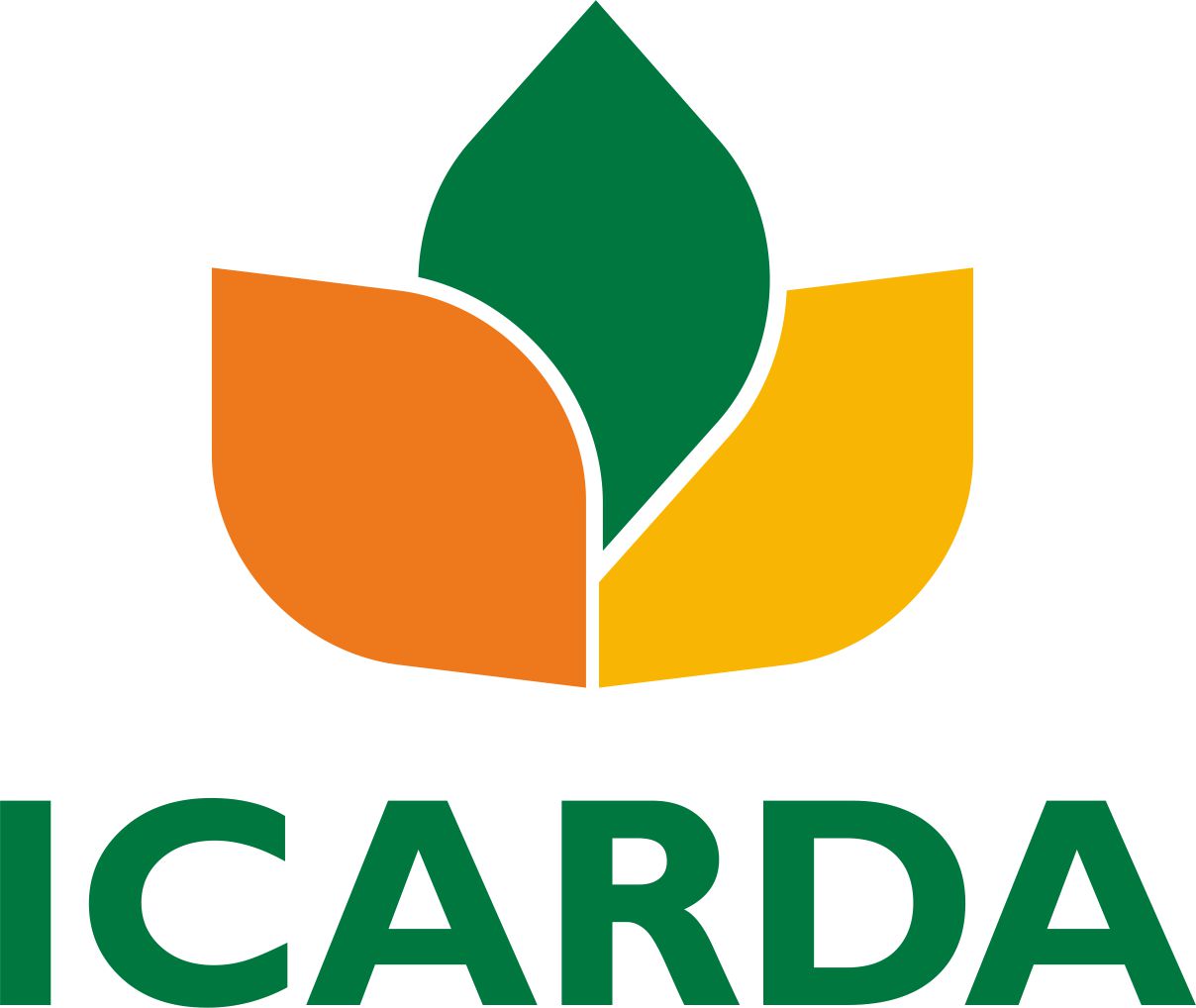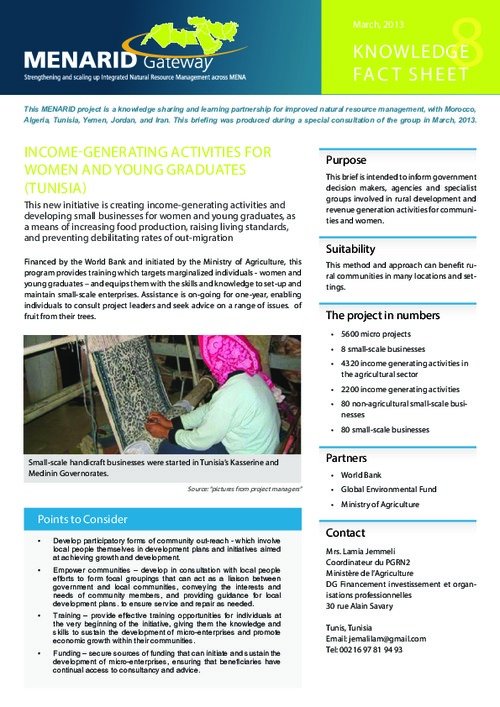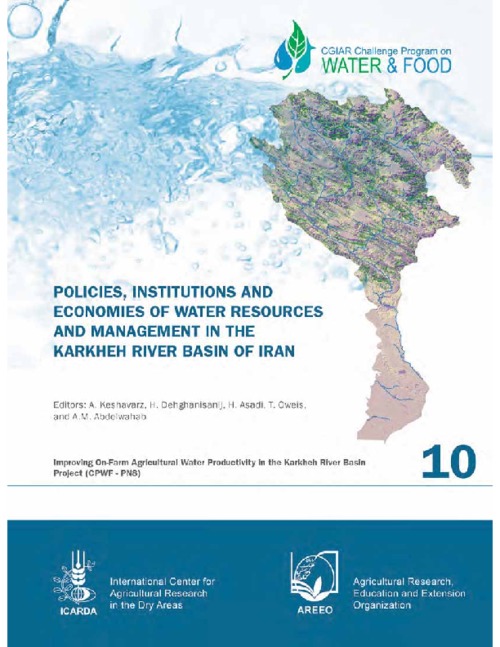Location
The International Center for Agricultural Research in the Dry Areas (ICARDA) was established in 1977. It is one of 15 such centers supported by the CGIAR. ICARDA’s founding mandate to promote agricultural development in the dry areas of developing countries remains highly relevant today.
ICARDA works with a tight focus on the problem-solving needs of resource-poor farmers, achieving this through the in-field delivery of its research outputs. Although global food production has increased by 20 per cent in the past decade, food insecurity and poverty remain widespread, while the natural resource base continues to decline.
International research centers such as ICARDA, which have helped drive previous improvements, continue to deliver new technologies to support sustainable growth in agriculture, and crucially, to work with a wide range of partners to accelerate the dissemination of these technologies.
ICARDA’s biggest strength is its staff – 600 highly skilled men and women from 32 countries. Our research and training activities cover crop improvement, water and land management, integrated crop-livestock-rangeland management, and climate change adaptation.
Other interventions include:
- Water harvesting - supplemental irrigation and water-saving irrigation techniques
- Conservation agriculture methods to reduce production costs and improve sustainability
- Diversification of production systems to high-value crops – horticulture, herbal and medicinal plants
- Integrated crop/rangeland/livestock production systems including non-traditional sources of livestock feed
- Empowerment of rural women – support and training for value-added products.
The ICARDA genebank holds over 135,000 accessions from over 110 countries: traditional varieties, improved germplasm, and a unique set of wild crop relatives. These include wheat, barley, oats and other cereals; food legumes such as faba bean, chickpea, lentil and field pea; forage crops, rangeland plants, and wild relatives of each of these species.
ICARDA’s research portfolio is part of a long-term strategic plan covering 2007 to 2016, focused on improving productivity, incomes and livelihoods among resource-poor households.
The strategy combines continuity with change – addressing current problems while expanding the focus to emerging challenges such as climate change and desertification.
We work closely with national agricultural research systems and government ministries. Over the years the Center has built a network of strong partnerships with national, regional and international institutions, universities, non-governmental organizations and ministries in the developing world and in industrialized countries with advanced research institutes.
THE ‘DRY AREAS’
Research and training activities cover the non-tropical dry areas globally, using West Asia, North Africa, Central Asia and the Caucasus as research platforms to develop, test, and scale-out new innovations and policy options.
Dry areas cover 41 per cent of the world’s land area and are home to one-third of the global population. About 16 per cent of this population lives in chronic poverty, particularly in marginal rainfed areas. The dry areas are challenged by rapid population growth, frequent droughts, high climatic variability, land degradation and desertification, and widespread poverty. The complex of relationships between these challenges has created a "Poverty Trap."
Members:
Resources
Displaying 326 - 330 of 431Income-generating activities for women and young graduates (Tunisia)
This brief is intended to inform government decision makers, agencies and specialist groups involved in rural development and revenue generation activities for communities and women
Assessment and Improvement of Wheat and Maize Water Productiveness in Lower Karkheh River Basin
This report on ‘Assessment and Improvement of Wheat and Maize Water Productivity in Lower Karkheh River Basin’ helps researchers and scientists interested in sustainable water development to improve the Water Productivity (WP) of wheat and maize in irrigated lands of the Karkheh dam downstream.
Policies, Institutions and Economies of Water Resources and Management in the Karkheh River Basin of Iran
This research report addresses researchers, farmers, decision and policy makers and public and private organizations involved in land and water development in the Karkheh River Basin (KRB) of Iran.
Challenges and opportunities of soil conservation and land management in the dry areas
Land degradation is a serious problem, particularly on vulnerable agricultural lands to soil erosion, which
signifies the temporary or permanent decline in the productive capacity of the land (UN/FAO definition).
Erosion is one of the most common problems around the world. Sanders (2004) considers that erosion
and soil degradation issues have contributed to the decline of great civilizations in Egypt, China or
Greece. The annual costs of soil erosion in the US are estimated between US$ 30 billion and US$ 44
Managing Salinity in Iraq's Agriculture: Potential Solutions & Interventions
This report is the second in a series of three publications that comprises an overview of the Iraq Salinity Assessment. This report documents solutions and impacts identified in the first report in this series. The third report in the Assessment proposes investment options and methods to analyze the investment options to manage and remediate salinity in Iraq.
This report has been compiled from project contributions from a number of authors across all of its seven technical Components.







